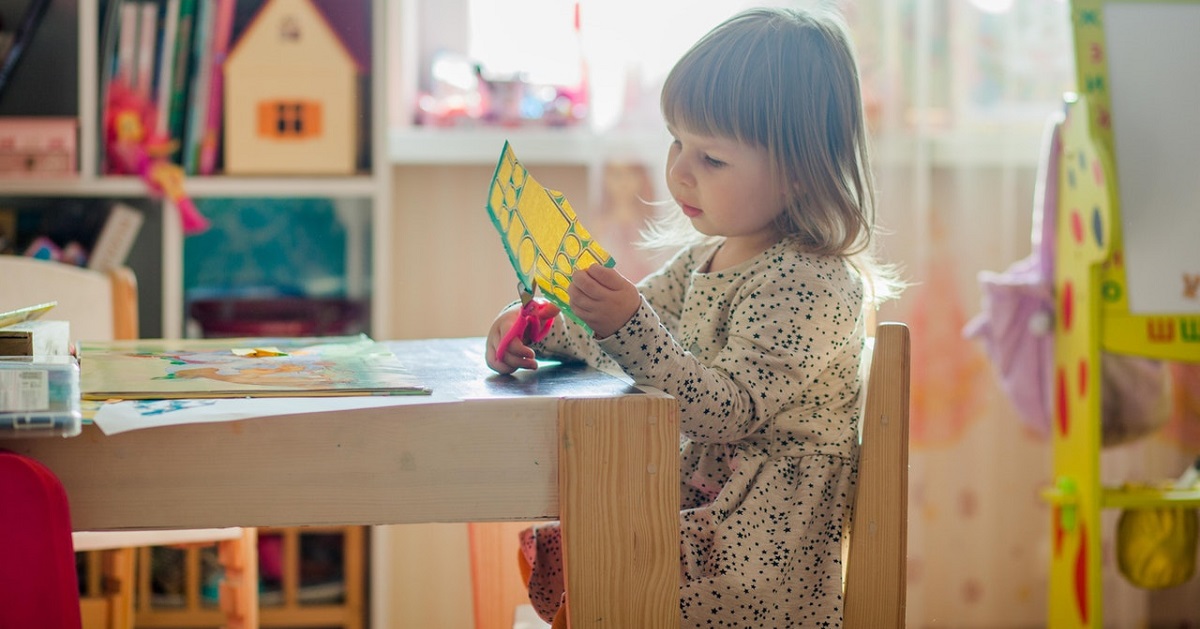
A well-rounded education is an important aspect of childhood development, as kids reap specific skill sets and knowledge from each portion of their learning. However, a growing perception of arts education as less important that academic curriculum is setting up an unfortunate precedent — one that stands to negatively impact this and future generations of K-12 students if not kept in check.
With both funding and time for art, music, and theater programs diminishing to make room for book work and standardized test prep, advocates for arts education are working harder than ever to keep these crucial opportunities open to students. It’s that passion that drives National Arts in Education Week, which is taking place this September 13-19. The campaign, backed by educators and parents alike, focuses on the importance of advocating for, supporting, and celebrating the arts in our classrooms.
The event’s website is a central source of helpful information, even providing information on how to create an official partner event. It’s also full of helpful advocacy information for beginners, which can help interested parents and teachers get involved in support of arts education. As this visualization makes quite clear, the benefits kids stand to reap from arts ed are tremendous.
A few highlights:
- Arts education has been associated with development of character, including greater motivation, higher self-esteem, and an opportunity for children to express themselves freely while taking safe risks that ultimately bolster their confidence
- Cognitive ability, critical thinking, and the development of creative expression have all been correlated with the presence of art education in the classroom
- The use of visual, spatial, and temporal reasoning, development of gross and fine motor skills, and improvement of hand-eye coordination can all be achieved through arts education
- Children who study plays and theatre have demonstrated greater competence at word use, a larger vocabulary and better comprehension of stories as well as improved writing ability
To get involved in National Arts in Education Week, visit the campaign website for more information.
Neve Spicer is a mother of three, writer and former primary school teacher. Having seen first hand how policy decisions can negatively affect “whole-child” learning, Neve began to use her passion for words to publicly advocate for more undirected play time in schools (and at home). Her work has been featured in numerous government, educational and charity sector publications, and Neve continues with the goal of amplifying the needs of children and influencing policy makers across the globe.
Categorized as: Current Events

